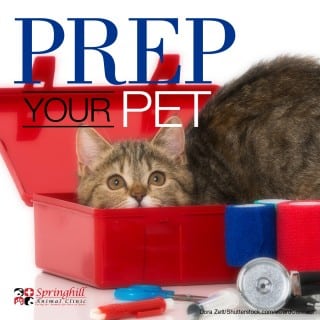One simple yet sure way to bond with your horse is to give her treats. Whether as positive reinforcement when training, or just as a way to brighten her day, treats provide a tasty complement to the routine diet. But like all animals, horses should only be given treats that are safe for them. Here are some guidelines:
Fruits. Of the several foods that make good horse treats, fruit is among the best. Naturally sweet and requiring little, if any, preparation, the biggest thing to watch out for when giving fruit are the seeds, pits and cores. Apples make awesome treats, and cut into slices is the best way for an equine to enjoy them.
Vegetables. With fruit making such good treats, it may seem natural that vegetables would be equally as good, but only some of them. Carrots, celery, green beans and lettuce are all good for your equine, but avoid things like broccoli, cauliflower, cabbage, kale and Brussels sprouts. Tomatoes are a unique snack–the actual fruits are fine, but the foliage of a tomato plant is toxic to horses.
Like dogs, horses should not have chocolate due to the ingredient theobromine. And foods with a high amount of caffeine can also be toxic. Beyond foods, this even applies to bedding made from plant material like cocoa husks and coffee plant husks.
Treats should be tailored to each individual equine based on her own health, physical condition and dietary requirements. For example, horses who are overweight, prone to founder or have problems with insulin regulation shouldn’t have fruit because of the excessive sugar. But they will enjoy a treat of apple peels which give them a taste of sweetness and a healthy dose of fiber. Horses with the genetic muscle disease HYPP should avoid foods that are high in potassium like bananas, apricots and plums. Older horses should have treats that are conducive to their enjoyment. Crunchy snacks should be broken into small bits for easier chewing, or even pureed foods like applesauce can be helpful for some senior equines who have trouble chewing.
Like all aspects of your horse’s diet, we?re happy to discuss what treats you might want to consider including for her maximum enjoyment and optimal health.



